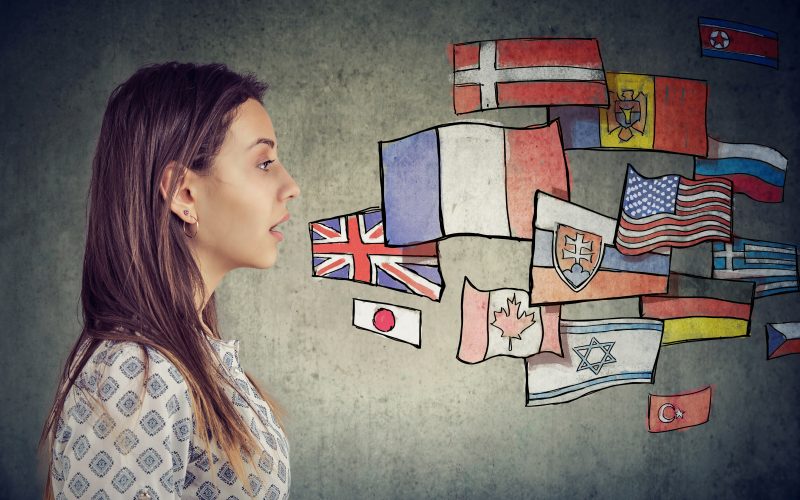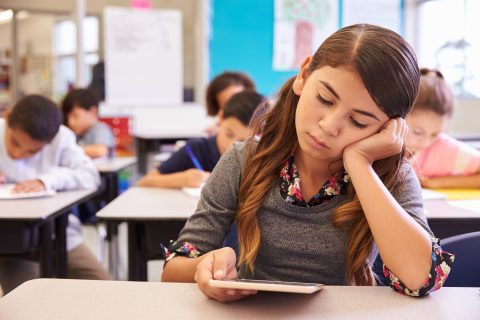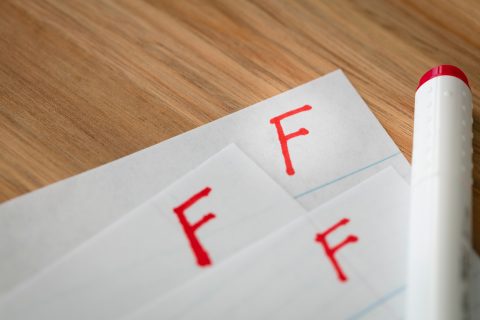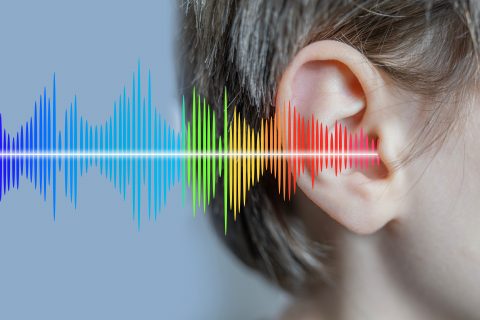Higher brain function might be as easy as learning to say “hello” in several different languages. Viorica Marian is Ralph and Jean Sundin Endowed Professor of Communication Sciences and Disorders and professor of psychology at Northwestern University. She joins host Krys Boyd to discuss why she believes we all have the capacity to be multilingual and how that affects the ways we perceive the world. Her book is “The Power of Language: How the Codes We Use to Think, Speak, and Live Transform Our Minds.”
This episode originally aired April 10, 2023.
Blog Post: Being multilingual helps you multitask and engages your memory
—By Brianna Flores, Think Intern
Learning a new language is hard, but the countless hours you spend writing, reading and practicing are more beneficial than you might think.
“Speaking two or more languages is really a wonderfully enriching cognitive activity for our brains,” says our guest Viorica Marian.
When you speak another language outside of your native tongue, you are working almost every area of your brain. Studies show that there is a connection between being multilingual and multitasking.
Marian explains that those studies suggest that multilingualism is an executive functioning skill just like multitasking.
“The executive function is the cognitive ability that includes multitasking,” she says. “There’s evidence showing that bilinguals are better at multitasking and switching focus.”
While you are learning new languages, you can also learn the culture and nuances behind them.
“Language is tied to concepts,” says Marian. “They embody the meaning that’s tied to culture, cultural meanings. They tend to vary across cultures.”
The definition of words can change from one language to the next, depending on the culture. Not only does language connect you to its origins, but it can also act as a tool to help bring back memories.
“Sometimes when you hear certain words or certain ways of speaking… the language [helps] memories come flooding back,” says Marian. “You think about things that happened when you heard that voice or that expression or that dialect.”
The more languages that you learn, the stronger your memory becomes. Marian says multilingualism can even help patients with dementia since they have more languages to pull memories from.
You can listen to the podcast above to learn about the other ways that knowing more than one language can help you.





